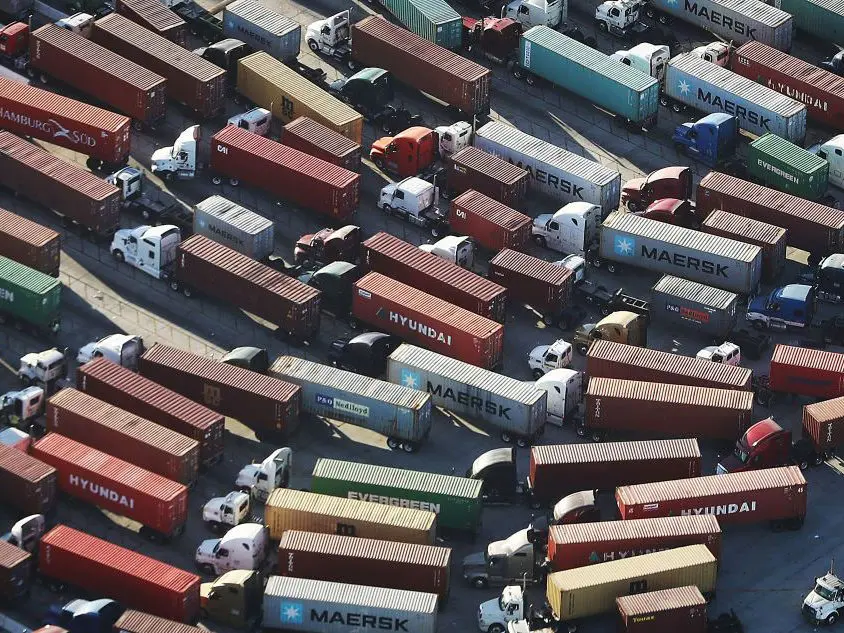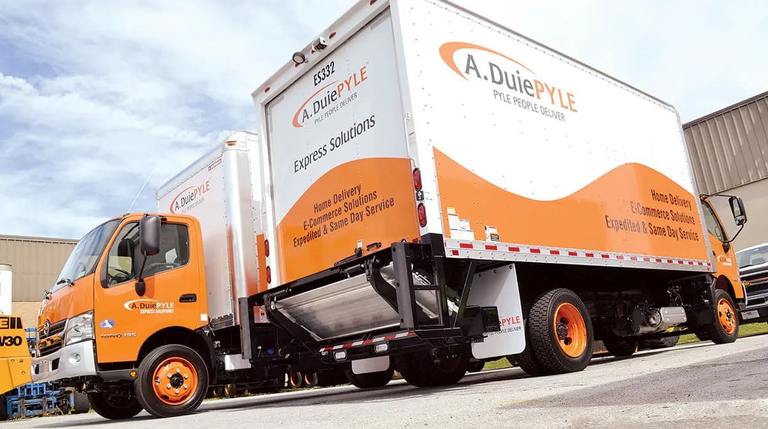
Reducing Supply-Chain Disruptions Through Integrated Logistics

Supply-chain and logistics challenges fueled by the COVID-19 pandemic have demonstrated how transportation partners with integrated, flexible offerings can keep the supply chain flowing.
COVID-19 not only disrupted supply chains but reshaped them. The pandemic forced shutdowns of some markets and accelerated others. For example, at the height of the pandemic, supply chains were impacted by a 69% decrease in U.S. restaurant dine-in business. At the same time, the grocery sector experienced double-digit growth. Similar trends played out in the construction industry, which saw more than a 10% decline in revenue in 2020. In contrast, the corrugated packaging industry enjoyed double-digit growth resulting from the increase in e-commerce.
Changes in consumer behavior also caused a dramatic shift in freight patterns. COVID-19 accelerated e-commerce, with sales growing from $598 billion in 2019 to $861 billion in 2020 — a 44% increase. Data from consulting firm McKinsey puts the surge in e-commerce volume into context, noting that the rate of e-commerce penetration in the U.S. grew by 10 years in 90 days in 2020.
You May Like

Regional LTL Carrier Award Adds to Pyle’s Haul of Honors
For the second year in a row, A. Duie Pyle, a provider of asset- and non-asset-based supply chain solutions, was named as a Platinum Regional LTL Carrier by Echo Global Logistics, a provider of technology-enabled

A. Duie Pyle to Open Three Locations in Virginia
A. Duie Pyle Inc. is opening three new facilities as part of an effort to expand its services into Virginia, the company announced March 15. The West Chester, Pa.-based provider of asset- and non-asset-based supply